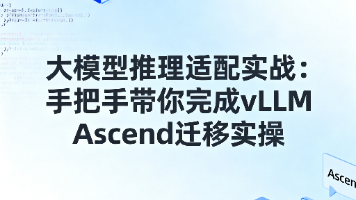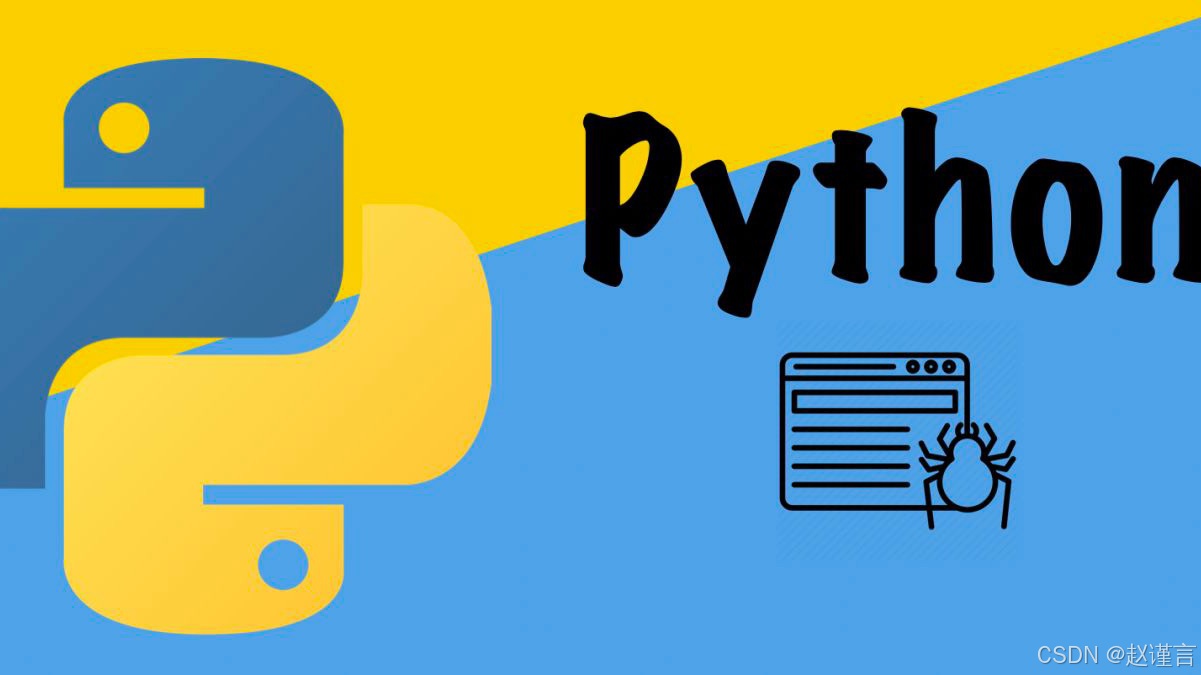队列的实现(c语言数据结构)
一、需要实现的功能以下是我们栈需要实现的功能#pragma once#include <stdio.h>#include <stdlib.h>#include <stdbool.h>#include <assert.h>typedef int QDataType;//定义我们队列的结点typedef struct QueueNode{QDataTyp
·
目录
一、需要实现的功能
以下是我们队列需要实现的功能
#pragma once
#include <stdio.h>
#include <stdlib.h>
#include <stdbool.h>
#include <assert.h>
typedef int QDataType;
//定义我们队列的结点
typedef struct QueueNode
{
QDataType data;
struct QueueNode* next;
}QNode;
//定义一个队列类型,并且给我们的队列定义头指针和尾指针
typedef struct Queue
{
QNode* head;
QNode* tail;
}Queue;
//队列初始化
void QueueInit(Queue* pq);
//摧毁队列
void QueueDestory(Queue* pq);
//元素入队
void QueuePush(Queue* pq, QDataType x);
//元素出队
void QueuePop(Queue* pq);
//判断当前队列是否为空
bool QueueEmpty(Queue* pq);
//判断队列的大小
size_t QueueSize(Queue* pq);
//获取队首元素
QDataType QueueFront(Queue* pq);
//获取队尾元素
QDataType QueueBack(Queue* pq);二、具体功能的实现
1.初始化队列
将我们的队首指针和队尾指针全部都置空
void QueueInit(Queue* pq)
{
assert(pq);
pq->head = pq->tail = NULL;
}2.摧毁我们的队列
void QueueDestory(Queue* pq)
{
assert(pq);
//创建一个临时指针指向我们队伍的头
QNode* cur = pq->head;
while (cur)
{
//用next指针记录下我们临时指针的下一个结点
QNode* next = cur->next;
//将我们的临时指针置空
free(cur);
//将我们的cur指针指向下一个需要释放空间的位置,实现迭代。
cur = next;
}
pq->head = pq->tail = NULL;
}3.入队操作
void QueuePush(Queue* pq, QDataType x)
{
assert(pq);
//开辟一片的新的空间作为新的结点
QNode* newnode = (QNode*)malloc(sizeof(QNode));
assert(newnode);
//将我们的新的结点的数据传入
newnode->data = x;
//将我们新的结点的next指针置空
newnode->next = NULL;
//队列都是从队尾入队的,我们需要从队尾尾插我们的结点。
if (pq->tail == NULL)
{
assert(pq->head == NULL);
pq->head = pq->tail = newnode;
}
else
{
pq->tail->next = newnode;
pq->tail = newnode;
}
}4.出队操作
void QueuePop(Queue* pq)
{
assert(pq);
assert(pq->head && pq->tail);
//队列的出队操作是在队首,同时将我们的队首的结点空间释放
if (pq->head->next == NULL)
{
free(pq->head);
pq->head = pq->tail = NULL;
}
else
{
QNode* next = pq->head->next;
free(pq->head);
pq->head = next;
}
}5.判断队列是否为空
bool QueueEmpty(Queue* pq)
{
assert(pq);
//判断时否为空,只需要判断我们的头指针是否为NULL就可以了
return pq->head == NULL;
}6.查看我们队列元素的个数
size_t QueueSize(Queue* pq)
{
assert(pq);
//创建一个临时结点指向我们的头结点,然后遍历完整张队列,就能够得到我们队列的长度
QNode* cur = pq->head;
size_t size = 0;
while (cur)
{
size++;
cur = cur->next;
}
return size;
}7.输出队首和队尾元素
//因为我们有队首指针和队尾指针,所以直接返回队首指针和队尾指针指向的结点的数据
QDataType QueueFront(Queue* pq)
{
assert(pq);
assert(pq->head);
return pq->head->data;
}
QDataType QueueBack(Queue* pq)
{
assert(pq);
assert(pq->tail);
return pq->tail->data;
}8.汇总
以下是写在queue.c中的内容。
#include "queue.h"
void QueueInit(Queue* pq)
{
assert(pq);
pq->head = pq->tail = NULL;
}
void QueueDestory(Queue* pq)
{
assert(pq);
QNode* cur = pq->head;
while (cur)
{
QNode* next = cur->next;
free(cur);
cur = next;
}
pq->head = pq->tail = NULL;
}
void QueuePush(Queue* pq, QDataType x)
{
assert(pq);
QNode* newnode = (QNode*)malloc(sizeof(QNode));
assert(newnode);
newnode->data = x;
newnode->next = NULL;
if (pq->tail == NULL)
{
assert(pq->head == NULL);
pq->head = pq->tail = newnode;
}
else
{
pq->tail->next = newnode;
pq->tail = newnode;
}
}
void QueuePop(Queue* pq)
{
assert(pq);
assert(pq->head && pq->tail);
if (pq->head->next == NULL)
{
free(pq->head);
pq->head = pq->tail = NULL;
}
else
{
QNode* next = pq->head->next;
free(pq->head);
pq->head = next;
}
}
bool QueueEmpty(Queue* pq)
{
assert(pq);
//return pq->head == NULL && pq->tail == NULL;
return pq->head == NULL;
}
size_t QueueSize(Queue* pq)
{
assert(pq);
QNode* cur = pq->head;
size_t size = 0;
while (cur)
{
size++;
cur = cur->next;
}
return size;
}
QDataType QueueFront(Queue* pq)
{
assert(pq);
assert(pq->head);
return pq->head->data;
}
QDataType QueueBack(Queue* pq)
{
assert(pq);
assert(pq->tail);
return pq->tail->data;
}

魔乐社区(Modelers.cn) 是一个中立、公益的人工智能社区,提供人工智能工具、模型、数据的托管、展示与应用协同服务,为人工智能开发及爱好者搭建开放的学习交流平台。社区通过理事会方式运作,由全产业链共同建设、共同运营、共同享有,推动国产AI生态繁荣发展。
更多推荐
 已为社区贡献5条内容
已为社区贡献5条内容








所有评论(0)